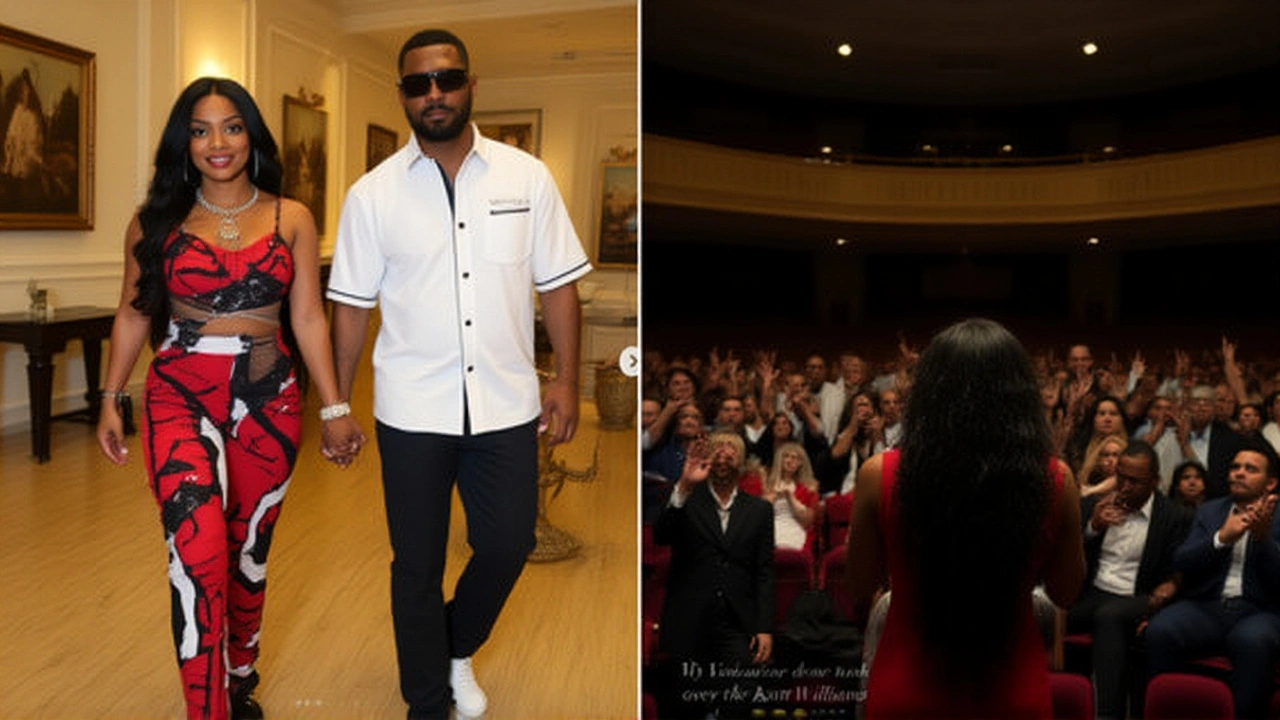Christian Coleman – Latest Sprint News & Updates
When you hear the name Christian Coleman, an American sprinter celebrated for his explosive 100‑meter performances and multiple world‑championship medals. Also known as the Fastest Man in the World, Christian Coleman has become a focal point for anyone following elite track. He specializes in the 100 meters, the premier short‑distance dash that tests raw speed and flawless technique, a race where fractions of a second decide legends. Over the past season he’s logged sub‑10‑second times, shattered personal bests, and sparked debates about race strategy, starting block setup, and reaction‑time training. What makes his story compelling isn’t just the speed; it’s the mix of technical mastery, coaching influences, and the regulatory backdrop that shapes every sprint on the global stage.
How World Athletics, US Trials, and Training Shape His Journey
Behind every record‑breaking sprint lies a governing framework. World Athletics, the international body that sets rules, oversees championships, and validates world records governs the 100‑meter event that Christian Coleman dominates. The federation’s anti‑doping policies, lane‑allocation rules, and wind‑reading standards directly impact how athletes prepare and compete. In the United States, the US Olympic Trials, a high‑stakes meet where the nation’s fastest vie for Olympic spots serve as the ultimate proving ground. Coleman’s performances at the Trials not only determine his Olympic destiny but also influence sponsorships and his place in the national sprint hierarchy. Training-wise, he follows a regimen that blends explosive plyometrics, block‑start drills, and biomechanical analysis—a blend that elite coaches call “speed‑specific conditioning.” This approach, prescribed by his coaching team and calibrated by sports scientists, reflects a broader trend where data‑driven methods elevate sprint margins to the thousandth of a second.
Rivalries add another layer to the narrative. Sprinters like Noah Lyles, Lamont Marcell Jacobs, and the emerging talent from Africa keep the competition fierce, pushing Coleman to tweak his race plan and experiment with new footwear technology. Meanwhile, ongoing discussions about the fairness of wind‑assisted times and the impact of emerging “smart” spikes keep fans and analysts on their toes. As you scroll through the collection below, you’ll find race recaps, training insights, and commentary that capture how Christian Coleman navigates the intersection of raw talent, regulatory scrutiny, and relentless competition. These pieces together paint a vivid picture of where he stands today and what the sprint world can expect from him in the next championship cycle.

Christian Coleman Defends Sha'Carri Richardson Amid Relationship Fallout at 2025 USATF Championships
Christian Coleman defends Sha'Carri Richardson amid a domestic‑violence allegation, detailing their partnership, media fallout, and impact on upcoming Olympic qualifiers.